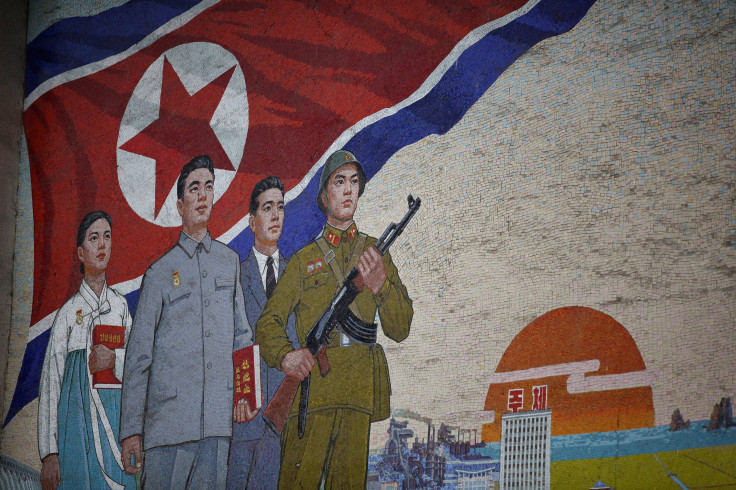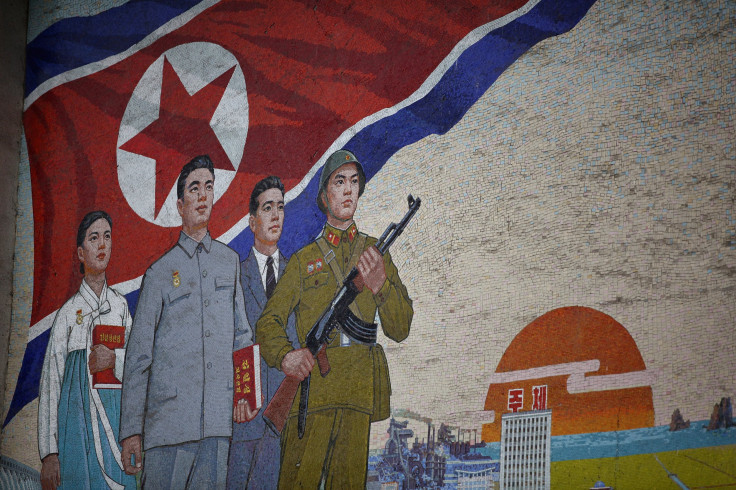Information In North Korea: Kim Jong Un's Government Cracks Down On Media, Cellphones, Internet

In an already tightly censored society, the North Korean government has developed increasingly advanced ways to stop information from spreading among its citizens. Through interviews with defectors from the nation, a report released Wednesday by research group Intermedia detailed how Kim Jong Un’s regime has attempted to crack down on media in the modern age of information.
“In a lot of ways, the expansion of information is continuing,” said Nat Kretchun, the lead author of the report, according to the Washington Post's Wednesday report. “It’s just that we also see a lot of signs that the North Korean government is gearing up to combat it.”
The spread of cellphones presented a major problem for the North Korean government’s censorship plans. While mobile phones and landlines have no access to the internet in the country and can’t make international calls, citizens began finding ways to smuggle in radio broadcasts and other forms of media on USB sticks and similar devices. But North Korea clamped down on such information sharing fast.
A mandatory program introduced to all North Korean cellphones in 2013 enabled the government to collect browsing histories and take screenshots of activity. It also included a program that prevented phones from opening media that didn’t contain a state signature. Other technologies were implemented to jam signals coming from Chinese phones near the border.
“Knowing the threat that outside information poses to their propaganda and ideology, and ultimately its control over the people, the regime has invested massive resources in trying to maintain an information blockade and keep its monopoly as the only source of information and ideas to the North Korean people,” said the nonprofit organization Liberty in North Korea on its website.
A 2013 report by the Freedom House, an independent watchdog organization, scored North Korea a 96 out of 100, with 100 being the worst possible score for freedom of expression.
The United States, for its part, aimed to aid the free-flow of information in North Korea by setting aside $50 million over the next five years to promote radio broadcasting and other media in the country.

© Copyright IBTimes 2024. All rights reserved.






















